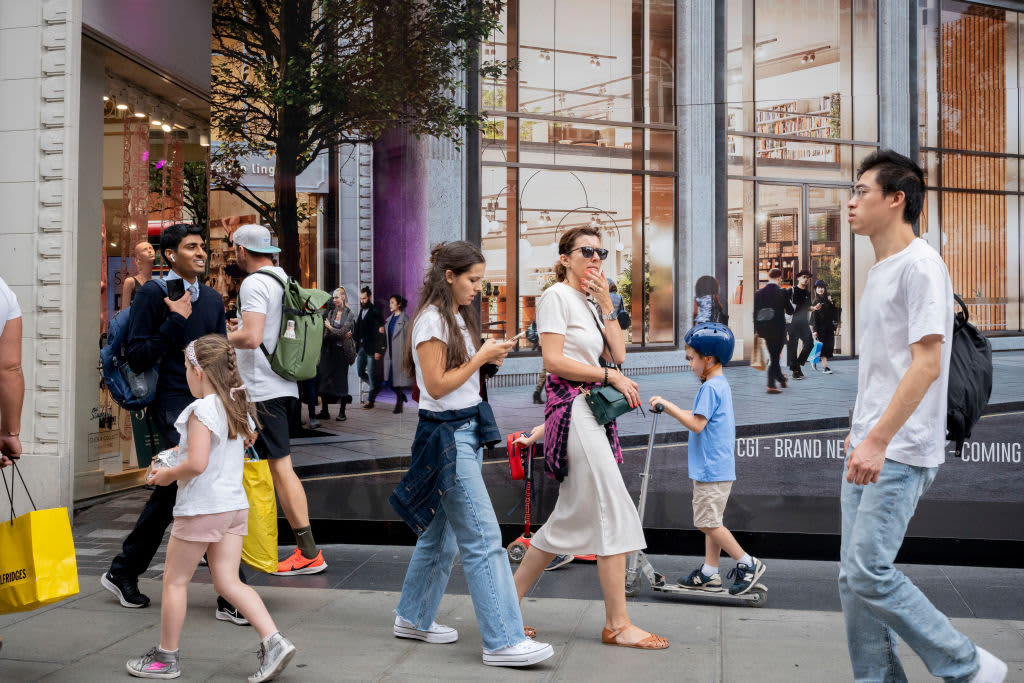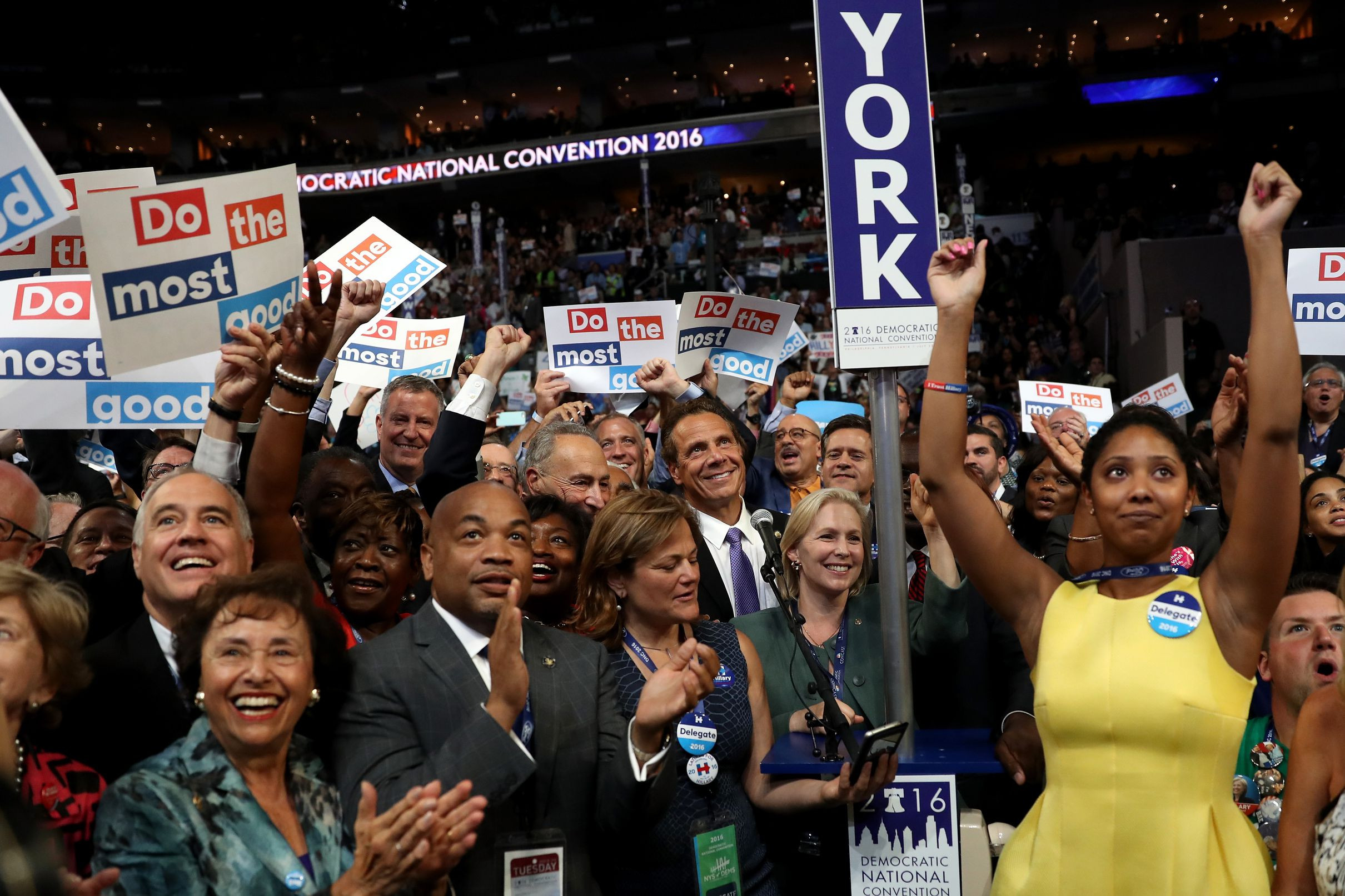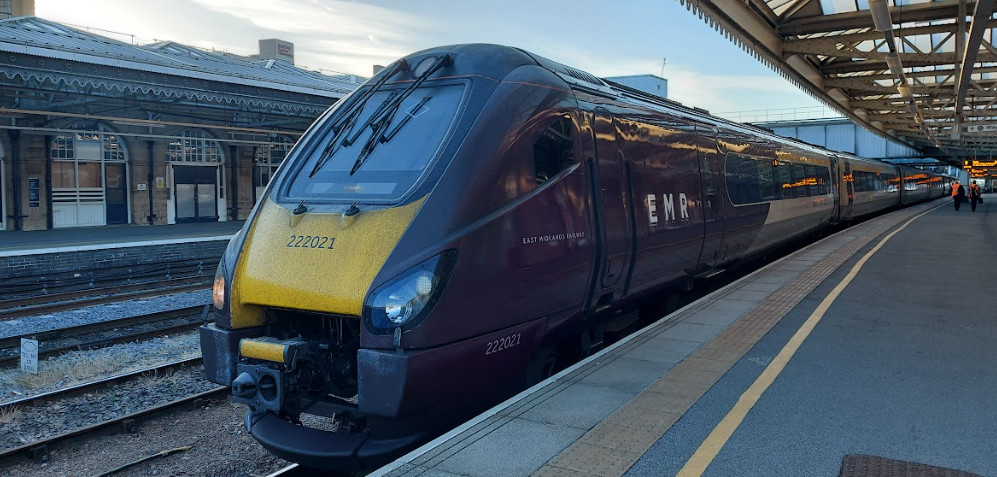UK Inflation Fears Soar: 71% Expect Prices to Rise, Economy Deemed 'Poor' by Most
Pessimism about the cost of living is surging in the UK, with a significant portion of the population anticipating further increases in inflation and taxes over the next year. A new Ipsos poll, exclusively analyzed by Sky News, paints a concerning picture of public sentiment.
Inflation Expectations Soar
The survey, conducted between November 22nd and 25th, reveals that a substantial 71% of respondents expect inflation to rise in the coming year. This figure represents a dramatic increase from the 40% recorded earlier in the year, indicating a marked escalation in public anxiety. The expectation of rising prices spans various categories, including essential household bills, groceries, and entertainment, reflecting a widespread concern across all aspects of daily life. People from all corners of the UK and across age groups, including a large majority of Labour voters, share this pessimistic outlook.
Specific Concerns about Household Goods and Services
Around eight in 10 people anticipate a price hike in both food and other household essentials. This apprehension about escalating food costs is particularly pronounced in Great Britain, placing it fourth among 32 surveyed countries in a separate Ipsos poll. The rising cost of living has been identified as a major challenge, even with inflation potentially on the downward trend. The persisting impact on prices continues to be a significant consideration for a large portion of voters.
Bleak Economic Outlook
Britons' perception of the UK economy has also deteriorated since the Labour government took office, particularly following the October budget. A significant 75% of respondents now characterize the state of the economy as “poor,” up from 70% before the election. While this is not as negative as the almost 90% recorded in late 2022 after the Liz Truss mini-budget, it still reflects a prevailing sense of economic uncertainty. Notably, even among Labour voters, 69% view the economy negatively, highlighting the widespread nature of this concern.
Tax Rise Expectations
Despite government promises of no tax increases for working people, a majority (63%) of Britons, and 60% of Labour voters, anticipate a tax rise in the year ahead. This expectation is slightly less prevalent among working-class people (61%) compared to middle-class individuals (65%). However, those in the £35,000-£55,000 earning bracket express the most concern, with 70% believing their taxes will increase—despite previous analysis showing this group benefitted most from recent tax changes. This highlights a disconnect between government policy and public perception.
Winter Fuel Bill Worries
With winter approaching, concerns about rising utility bills are widespread, particularly among older people. A staggering 93% of those aged 55-75 anticipate increased bills, with 42% expecting significant rises. This contrasts with 27% of 18-34 year-olds who foresee large increases. This disparity might be linked to the government's decision to restrict winter fuel payments to pensioners receiving means-tested benefits, affecting approximately 10 million individuals. This policy clearly hasn't been well received by those concerned about rising energy costs.
Public Perception of Government Handling of Cost of Living
The public's concern over the cost of living crisis extends beyond personal finances. A significant nine in ten individuals express worry about the rising cost of living nationally, surpassing the three-quarters concerned about their own personal expenses. Around half (48%) of respondents believe Keir Starmer's government is doing a “bad job” in addressing the cost of living, though this is a slight improvement compared to the 55% who expressed the same sentiment about Rishi Sunak's government a year ago. Despite this, Labour currently maintains a slight lead over the Conservatives as the party most trusted to manage the economy.
The Road Ahead: Bridging the Gap Between Public Perception and Government Action
The Ipsos poll underscores a significant challenge for the current Labour government: bridging the gap between government policies and public expectations concerning inflation, taxes, and the overall economy. While Labour holds a slim advantage in terms of public trust on economic management, the widespread pessimism suggests a pressing need to demonstrate concrete improvements in people's daily lives. Addressing this requires more than just policy pronouncements; it demands tangible actions that demonstrably alleviate the financial pressures faced by households across the country. The data shows a significant task ahead.
The political landscape reflects the evolving public mood. The gap between parties is narrowing, with a growing number of people expressing distrust in either party to handle the economy. This demonstrates a clear need for stronger policy implementation that aligns with the needs and concerns of the public. Addressing this requires swift and effective government action to rebuild public trust and improve the lives of British citizens amidst rising economic uncertainty. This situation warrants further close monitoring and investigation.

















